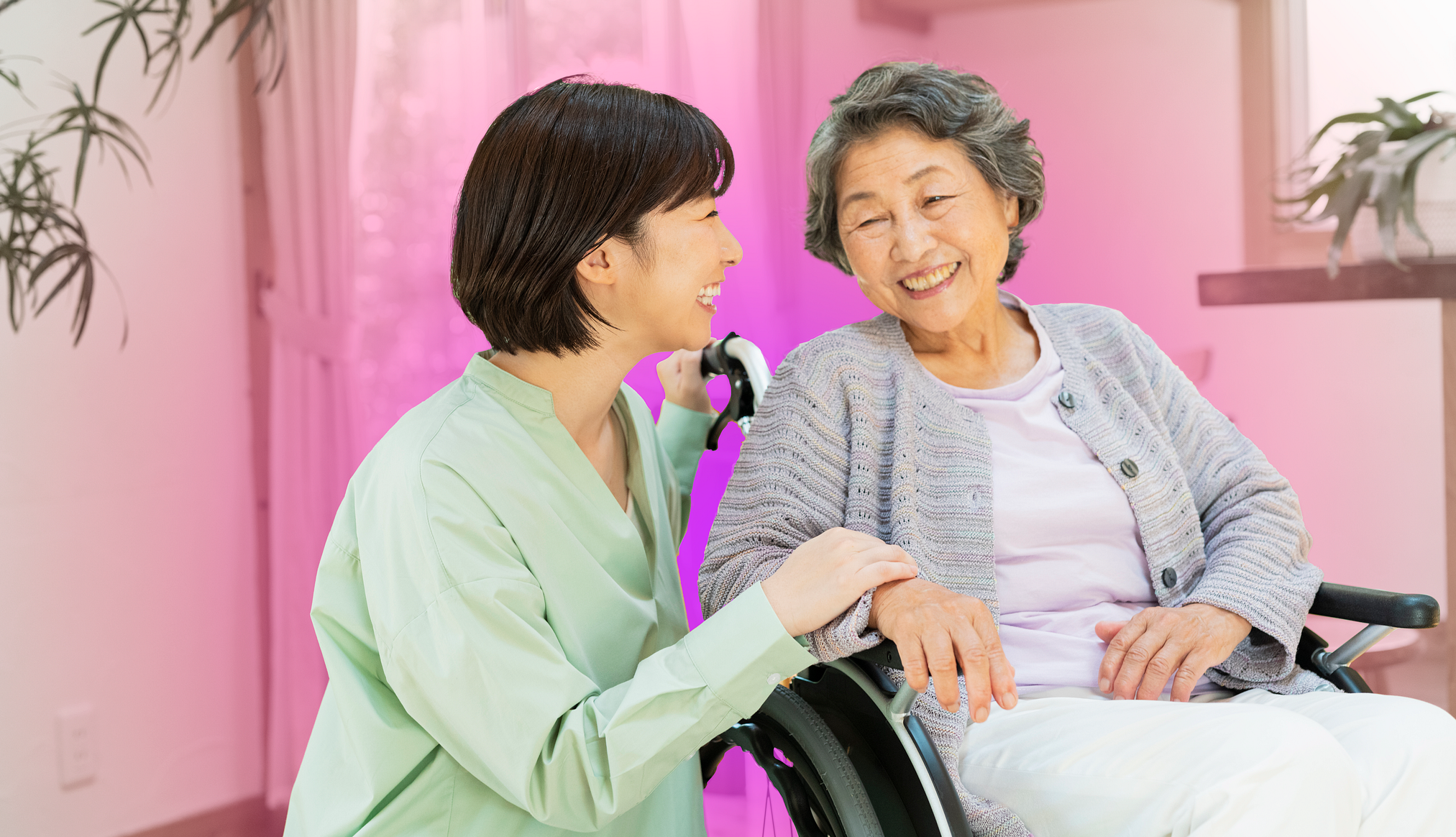AARP Hearing Center


Caregivers often feel overwhelmed. Balancing work, child care, their own health issues and caregiving for a loved one can leave them floundering in a sea of responsibilities.
But a program to help caregivers and others find state and local resources to support them is expanding. By calling 211, caregivers can connect to specialists who can help them find resources for food, clothing, medical care and transportation assistance in their community.
Over 200 call centers around the country answer calls to 211 and field requests for social support. AARP and United Way partner to manage the Caregiver Support Program in about 80 of those centers in 25 states and a U.S. territory.
Alabama, Illinois, Iowa, Kansas, Mississippi, Missouri, Nebraska, New Jersey, New Mexico and New York are the latest states, along with the unincorporated territory of Puerto Rico, to get centers with AARP-trained support specialists answering calls.
Join Our Fight for Caregivers
Here’s what you can do to support family caregivers:
- Sign up to become part of AARP’s online advocacy network and urge lawmakers to pass legislation to save caregivers time and money.
- Find out more about how we’re fighting for you every day in Congress and across the country.
- AARP is your fierce defender on the issues that matter to people age 50-plus. Become a member or renew your membership today.
About 48 million caregivers in the U.S. provide $600 billion in unpaid labor, according to a 2023 report from the AARP Public Policy Institute. They also spend, on average, $7,200 to $10,000 annually on out-of-pocket caregiving costs, depending on the number of work-related strains they have, according to a 2021 AARP study. As the 211 initiative expands, more caregivers can now access help that may ease those burdens.
“Caring for parents, spouses and other adult loved ones is a labor of love — but it can also be a tremendous challenge,” said Nancy LeaMond, AARP executive vice president and chief advocacy and engagement officer. “Through this expansion of 211, we’re making it easier for family caregivers to find the help they need, when and where they need it.”
The 211 initiative addresses one of the biggest challenges of caregiving: navigating the system. Whether that is managing the costs of caregiving, balancing responsibilities that include work, managing mental health challenges or trying to figure out health insurance, including Medicare or Medicaid, caregivers often need outside support in the form of physical or financial help.
The service is free, confidential, runs 24/7 and is available in 180 languages. In 2024, 211 call centers nationwide logged responses to nearly 17 million requests for help, said Josh Dickson, interim chief strategy and innovation officer at United Way Worldwide. The organization estimated that more than 18 million local referrals were made in 2024.

































































More From AARP
AARP Supports Senior Tax Relief
Senate passes tax cuts for older adults, reduction of taxes on Social Security
Food Benefit Cuts Threaten Older Adults
Proposed Medicaid and SNAP changes could affect millions of older adults
An Inside Look at How AARP Is Fighting for You
AARP flooded Washington, but our efforts go far beyond the halls of Congress